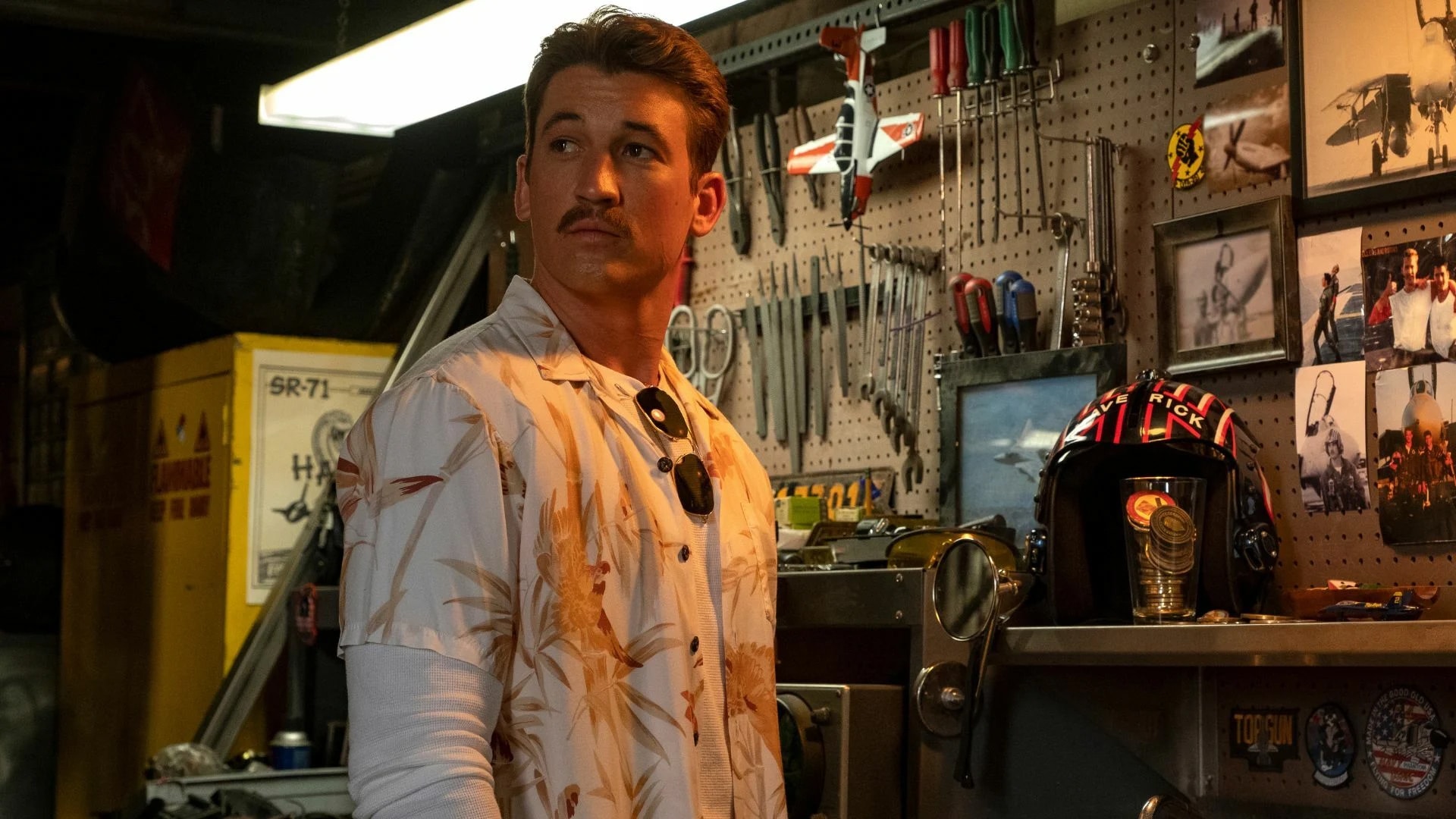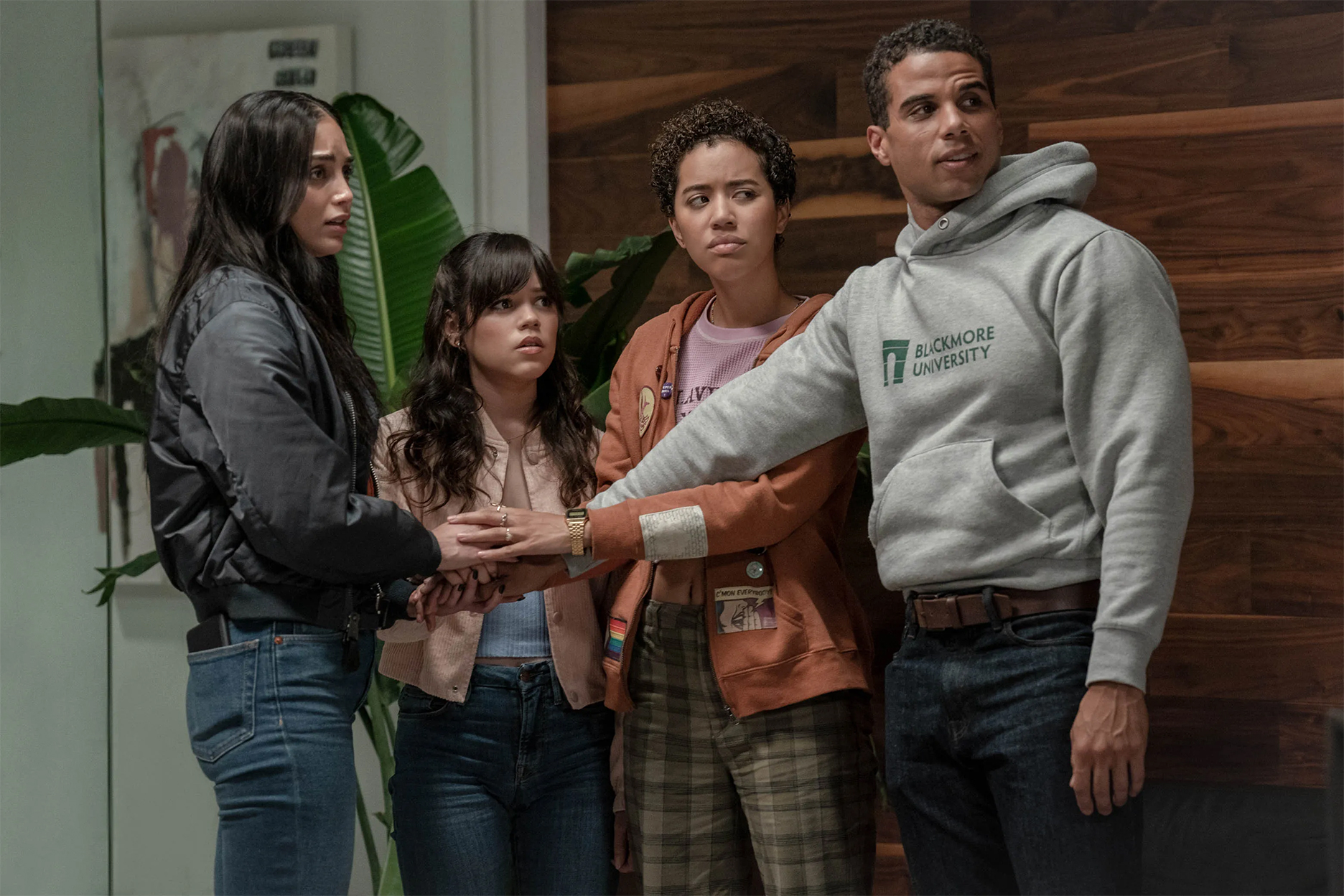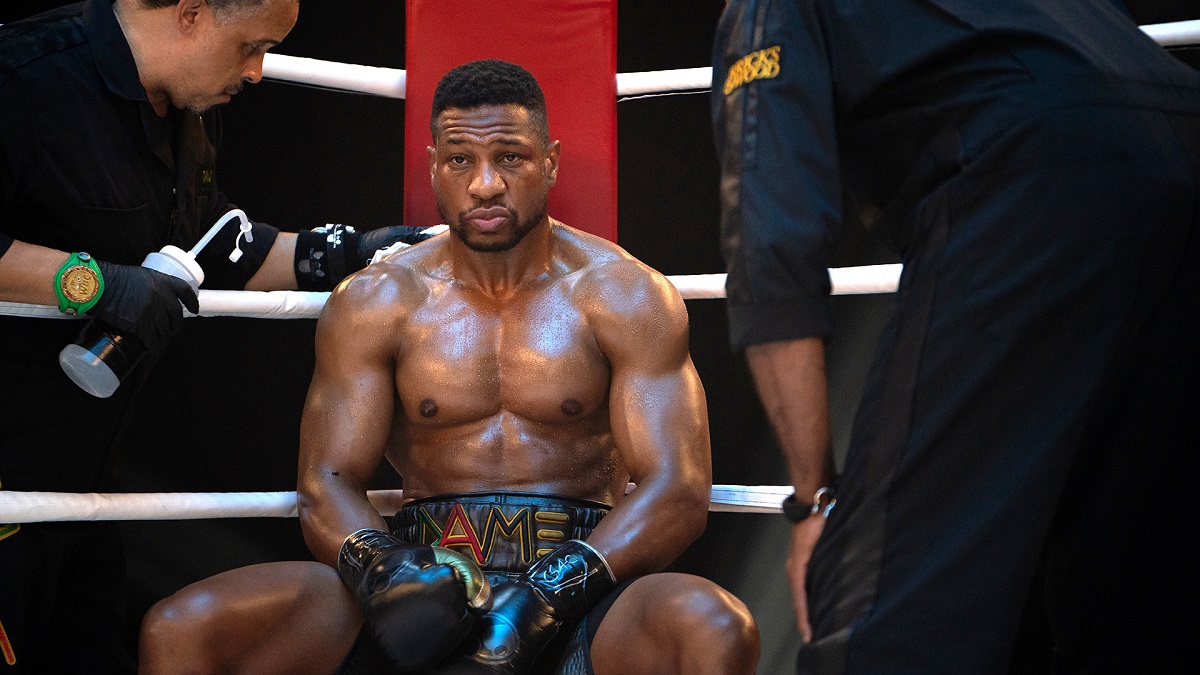There is an interesting trend emerging in contemporary blockbuster cinema, one that suggests both a shifting mode of storytelling and changing audience tastes. Over the past year or so, there has been an embrace of sincerity and earnestness and rejection of the irony and cynicism that has dominated the form for so many years.
For more than a decade, blockbuster cinema has been defined by a knowing self-awareness. Characters in these narratives are often literate in the conventions and tropes of the genre in which they find themselves, making ironic quips and self-aware asides to reassure the audience that they are in on the joke. Scripts will call out familiar clichés in dialogue, a cinematic shorthand that allows a movie to tout its own wit while also flattering the audience’s intelligence: We get it, and we know that you do too.
The cultural juggernaut of the Marvel Cinematic Universe (the MCU) is perhaps the most obvious example of this larger trend, particularly in the wake of the success of Joss Whedon’s The Avengers. During the 1990s, Whedon had popularized a sort of accessible self-awareness with Buffy the Vampire Slayer, a television show that wasn’t so much about replaying the tropes of the classic teenage and vampire narratives as it was engaged in a conversation around them.
There are various reasons why irony became a dominant cultural force. Part of this was undoubtedly cultural. Irony emerged as a major force during the 1990s, at what was described as “the end of history” or “the unipolar moment.” That sort of self-aware detachment made a certain amount of sense to a younger generation who seemed unlikely to get the chance to redefine the world in the way their parents had. They couldn’t change things, but they could snark about them.
![]()
There were other generational issues. By the time this sort of irony took over popular consciousness in the 1990s, these stories had been around a while. Whedon was “a third-generation television scriptwriter, possibly the first one.” Screenwriter Paul Schrader noted that audiences were similarly versed in the language of stories, having “seen the basic plots, the permutations of those plotlines, the imitations of the permutations of those plotlines and the permutations of the imitations.” Viewers were savvy, so stories needed to be too.
There were other reasons to make stories self-aware. As mainstream pop culture embraced more heightened genre concepts — from superheroes to vampires — critics noted Whedon’s self-awareness “helped to humanize the characters, who seemed to be reacting to the show’s fantastical creatures with the same disbelieving skepticism as the audience.” It let the audience get on board with ideas to which they may have been inherently hostile, concepts they might otherwise dismiss as outlandish.
Of course, Whedon wasn’t the only 1990s screenwriter trading in self-awareness. Writer Kevin Williamson helped to revive the slasher genre by bringing that postmodernism to films like Scream, I Know What You Did Last Summer, and Halloween H20. However, while that self-awareness was undeniably a part of 1990s pop culture, the biggest blockbusters of the period remained surprisingly earnest: Titanic, Jurassic Park, Star Wars: Episode I – The Phantom Menace, The Lion King, and even Forrest Gump.
Indeed, it’s worth noting that film critic Jim Collins specifically positioned the decade’s theatrical blockbusters as a wave of “new sincerity” in an essay first published in 1992. Citing popular movies like Field of Dreams, Dances with Wolves, and Hook, Collins positioned the decade’s high-profile mainstream cinema as a reaction against irony, what Linda Hutcheon would later describe as “post-postmodernism.” As such, this self-awareness remained largely confined to 1990s television and genre filmmaking.

This trend towards ironic detachment and knowing self-awareness may have been slowed by the cultural response to the 9/11 attacks. In the wake of the atrocity, pundits rushed to declare that it “could spell the end of the age of irony” and that the world had just “witnessed the end of unbridled irony.” Of course, hindsight reveals that reports of irony’s death were greatly exaggerated, but it does feel like this self-awareness shifted away from being the default mode of media storytelling.
Audiences didn’t want those knowing narratives, at least not immediately. Ben Stiller’s fashion-world parody Zoolander famously flopped in the wake of the attacks, only rehabilitated in later years. Peter Jackson’s Lord of the Rings movies spoke to the cultural moment. On television, the self-awareness of characters like Buffy Summers (Sarah Michelle Gellar) gave way to the self-seriousness of heroes like Gil Grissom (William Petersen) on CSI and Jack Bauer (Kiefer Sutherland) on 24.
Of course, these things move in cycles. During the 2010s, owing in large part to the success of Whedon’s work as writer and director of The Avengers, this sort of self-awareness came to define modern blockbuster cinema. Characters were required to quip at regular intervals, acknowledging the inherent absurdity of the worlds in which they found themselves, as a way of reassuring the audience that none of this was meant to be taken too seriously.
As with any tool, irony and self-awareness can be used well or poorly. In the hands of smart writers and directors, this knowingness could enrich these narratives and develop these characters. For example, in James Gunn’s work on The Suicide Squad or the Guardians of the Galaxy movies, these jokes underpin an emotional sincerity that treats the arcs of these characters — including absurdities like Rocket Raccoon (Sean Gunn, Bradley Cooper) or Polka-Dot Man (David Dastmalchian) — seriously.

However, too often, this wry detachment can feel like a movie letting itself off the hook. Movies like Black Widow undermine their attempts at earnest character work by punctuating them with winking jokes. Movies like Star Wars: The Rise of Skywalker excuse ridiculous plot developments like jetpack-wearing stormtroopers by simply having the three leads each repeat the deadpan observation that “they fly now.” In many cases, it feels like a movie racing to make a joke before the audience can. Anything can be excused, if it is acknowledged.
These ironic asides often create an emotional distance between the work and the audience. In Captain America: Civil War, the Avengers turn on each other over a series of personal and political disagreements. However, the movie never takes the feud seriously. “We’re still friends, right?” Black Widow (Scarlett Johansson) asks her old ally Hawkeye (Jeremy Renner). He smirkingly replies, “It depends how hard you hit me.” There are no stakes here, even just in terms of basic character drama. Nothing matters.
During this period, it became customary to criticize big-budget movies that didn’t indulge in this self-aware banter as being “dour” or “humorless.” As Seth Rogen pointed out, the extent to which these blockbusters leaned on spoofing their own conventions effectively rendered major studio comedies obsolete. There was only the thinnest of lines separating blockbuster films from affectionate and gentle parodies of those same blockbuster films.
Interestingly, there appears to have been a shift over the past year or so. It is perhaps a new new sincerity, a move away from winking and knowing self-awareness, back towards a more conventional and less ironic approach to crowd-pleasing storytelling. The two biggest blockbusters of 2022 were James Cameron’s Avatar: The Way of Water and Joseph Kosinski’s Top Gun: Maverick. These are huge franchise films, but they are notable for eschewing the self-awareness of modern blockbusters.

James Cameron remains a deeply sentimental filmmaker under his tough-guy persona. Maverick is a movie that is achingly earnest in its portrayal of the title character’s (Tom Cruise) attempts to find some peace in his later life, including reconciling with his old lover Penny (Jennifer Connelly) and forging a connection with Bradley (Miles Teller), the son of his deceased co-pilot Nick (Anthony Edwards). There are moments of humor, but they never puncture the reality of the films.
There are other indicators of this trend. Directors Matt Bettinelli-Olpin and Tyler Gillett resurrected the Scream franchise, a poster child of that knowing 1990s self-awareness. However, Bettinelli-Olpin and Gillett’s two films are nowhere near as arch as Scream 2 or Scream 4, embracing a much more conventional and traditional mode of slasher storytelling. Scream VI is not deconstructing the tropes of Friday the 13th Part VIII: Jason Takes Manhattan as much as celebrating them.
One of the year’s biggest overperformers to date has been Creed III. The movie soared past estimates of a trilogy-best $36-$40 million opening weekend, taking in $58 million in the United States and $100 million worldwide. Creed III is a boxing movie built around familiar tropes and conventions of the genre, but it works in large part because it plays the conflict between friends-turned-rivals Donnie (Michael B. Jordan) and Dame (Jonathan Majors) entirely straight, without sly jokes or meta-commentary.
Of course, it’s far too early to declare that irony has suffered a T.K.O. These things ebb and flow over time, as tastes shift and audiences migrate. However, it does feel like modern moviegoers have perhaps had enough of movies that spend more time calling out and mocking their narrative tropes than they do in developing their character and emotional arcs. After all, it’s easy to point and laugh at a familiar genre convention; it’s much harder to execute it convincingly. Sincerity is tough.
Irony isn’t dead. That said, given how it has dominated the past decade of multimedia pop culture, it might be good for it to take a timeout.





Published: Apr 14, 2023 11:00 am